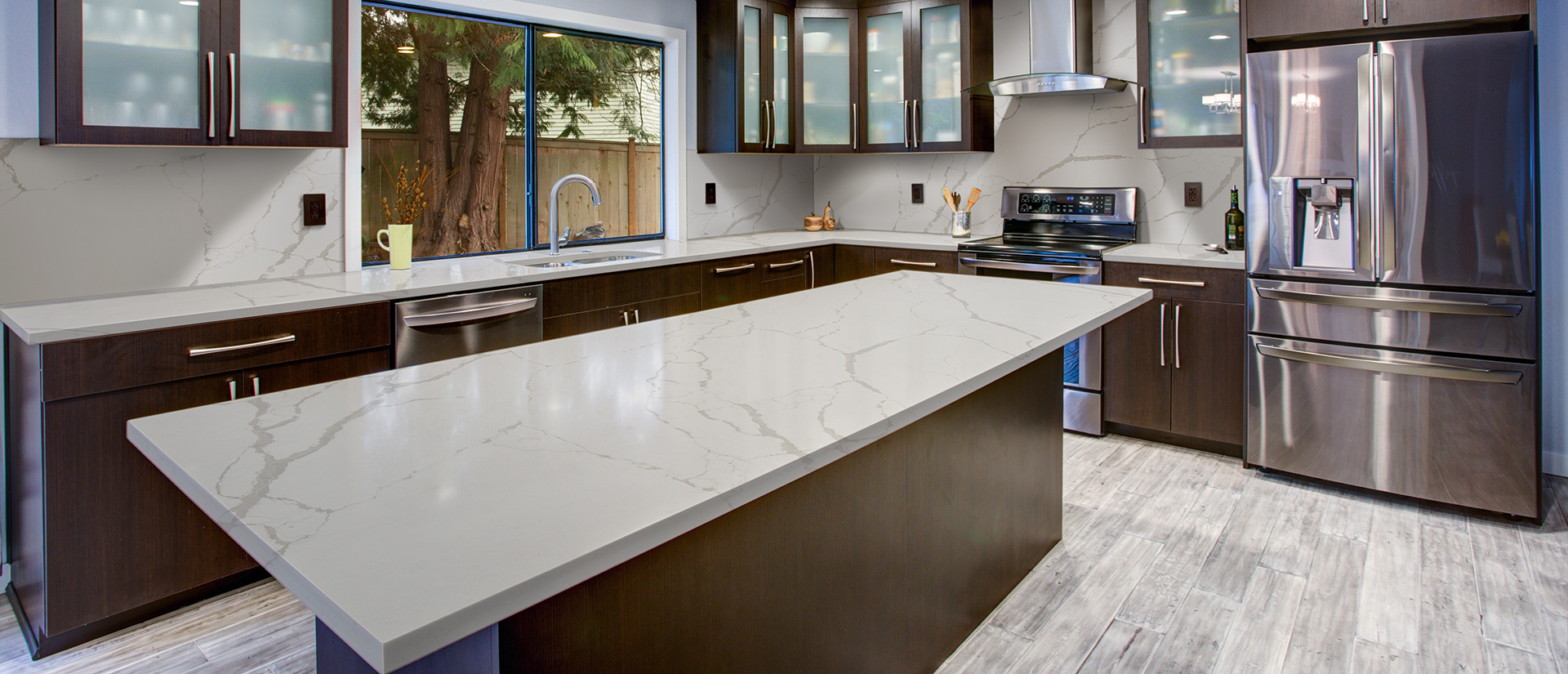Introduction
Quartz countertops have become increasingly popular in modern kitchens due to their durability, aesthetics, and low maintenance. One key aspect that homeowners need to consider when choosing quartz countertops is their thickness. The thickness of quartz countertops can vary significantly depending on several factors.
Factors Influencing Quartz Countertop Thickness
1. Purpose and Usage
The intended purpose and usage of the countertop play a crucial role in determining its thickness. For heavy-duty applications such as kitchen countertops that endure frequent use and potential impacts from cookware, thicker slabs are preferred for added durability and strength.
2. Design Preferences
Design preferences also influence the choice of quartz countertop thickness. Some homeowners prefer a sleek and minimalist look, opting for thinner slabs to achieve a more contemporary aesthetic. On the other hand, those seeking a more substantial appearance may choose thicker slabs for a bold and luxurious feel.
3. Installation Requirements
The method of installation and support structures can impact the recommended thickness of quartz countertops. For example, countertops installed with extensive overhangs or without proper support may require thicker slabs to prevent sagging or cracking over time.
4. Budget Considerations
Cost is another significant factor influencing quartz countertop thickness. Thicker slabs generally cost more due to the increased amount of material required and additional manufacturing processes involved. Homeowners with budget constraints may opt for thinner slabs to reduce costs while still enjoying the benefits of quartz countertops.
Common Thickness Options
1. Standard Thickness: 2 centimeters (cm)
The standard thickness for quartz countertops is typically around 2 cm (approximately 0.75 inches). These thinner slabs are suitable for most residential applications and offer a balance of aesthetics and affordability. They are commonly used in kitchens, bathrooms, and other interior spaces.
2. Enhanced Thickness: 3 centimeters (cm)
For areas that require extra durability or a more substantial appearance, thicker quartz slabs measuring 3 cm (approximately 1.25 inches) are available. These enhanced thickness options provide added strength and resilience, making them ideal for high-traffic areas or countertops with large spans.
3. Custom Thickness Options
Some quartz manufacturers offer custom thickness options to meet specific project requirements or design preferences. These may include ultra-thin slabs for specialized applications or ultra-thick slabs for dramatic design statements. Custom thickness options allow homeowners and designers to tailor the countertop thickness to their exact specifications.

Conclusion
In conclusion, the thickness of quartz countertops varies based on factors such as purpose, design preferences, installation requirements, and budget considerations. Standard thickness options typically range from 2 cm to 3 cm, with custom options available for unique projects. By understanding these factors, homeowners can select the most suitable quartz countertop thickness to enhance the functionality and aesthetics of their space.
For more information on quartz countertop thickness and options, visit Panmin, a leading manufacturer of high-quality quartz surfaces.